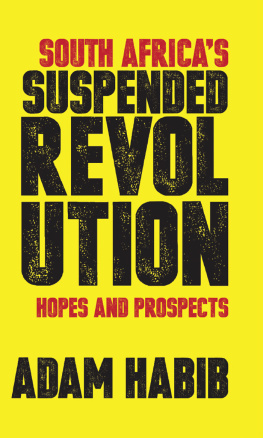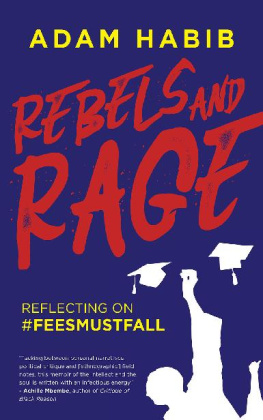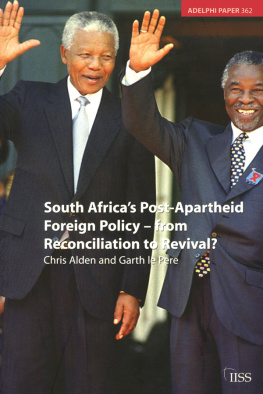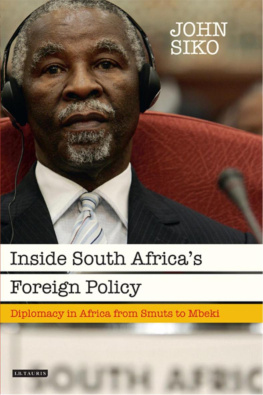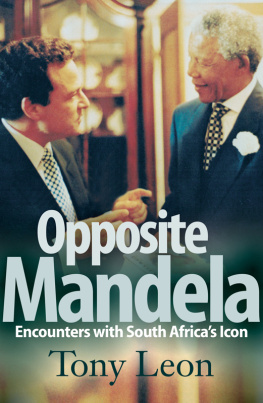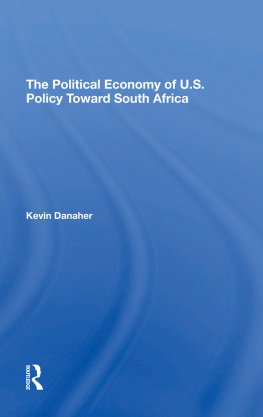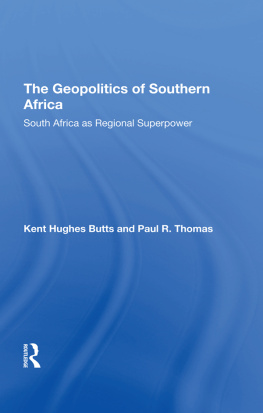Ohio University Press
Athens, Ohio 45701
ohioswallow.com
All rights reserved
Copyright Adam Habib 2013
First published in South Africa by
Wits University Press
1 Jan Smuts Avenue
Johannesburg 2001
www.witspress.co.za
Published edition Wits University Press 2013
First published in South Africa in 2013
Published in North America by
Ohio University Press
Athens, Ohio 45701
To obtain permission to quote, reprint, or otherwise reproduce or distribute material from Ohio University Press publications, please contact our rights and permissions department at (740) 593-1154 or (740) 593-4536 (fax).
Printed in the United States of America
Ohio University Press books are printed on acid-free paper
20 19 18 17 16 15 14 13 5 4 3 2 1
Hardcover edition ISBN 978-0-8214-2076-8
Paperback edition ISBN 978-0-8214-2072-0
Electronic edition ISBN 978-0-8214-4477-1
Library of Congress Cataloging-in-Publication Data available
To Irfan and Zidaan,
for living a life that I can only write about, and
to Fatima,
for partnering me in creating our most important legacy our children.
Preface
This book has long been in the making. I have been meaning to write it for over a decade but work pressures, new jobs, alternative research projects, and deferred sabbaticals all conspired against it. So, when the opportunity for a sabbatical emerged at the end of my first term as deputy vice-chancellor at the University of Johannesburg, I had no doubt as to how I should spend the time. For many years, I have been immersed in academic and public discourse about South Africa and its future. The book is, therefore, a culmination of at least two decades of debates, reflections and thoughts about resistance in South Africa, its political and socio-economic evolution, and the conundrums and dilemmas related to the making of this society. In many ways the book is about how we got to where we are, why our present is not what we had hoped it would be, and what we need to do about it.
I see myself as both an academic and an activist. Although some may view these as separate endeavours, I have always seen them as mutually compatible. Indeed, my decision to take political science as a subject in my undergraduate years was motivated by a belief that this would enable me to better address the challenges that my compatriots and I confronted as activists. Of course, this didnt work out in the way I had imagined it might, but the academic grounding provided by my undergraduate and especially my postgraduate studies, were essential in developing my understanding of my country and world.
This book therefore reflects both of these facets of my life academic and activist. The debates I engage with in the book occur both within the academy and in the broader public sphere. In my view, newspapers and magazines, as well as academic journals, are of intellectual relevance, and I therefore challenge, support and reference political leaders and activists as well as academics in this text. But the book is unashamedly scholarly. Although some suggested that I strip the book of its academic debates and theories, with a view to broadening its readership, it seemed to me that this would undermine one of the central purposes of writing it; namely, to bridge academic and public discourse in order to enrich each with the reflections and debates of the other. I have, however, tried to write as plainly as I can, and to avoid academic jargon, so that the book has the potential to appeal to anyone who is interested in South Africas problems, and in how these can be resolved. In this vein, I conclude with two chapters aimed at different audiences. Chapter Seven is directed mainly at activists and political leaders, and in it I consider what needs to be done to overcome our challenges. Chapter Eight is aimed particularly at academics, and includes an analysis of how the South African experience speaks to the debates within the national and global academies.
Progressive academics and scholars often cite Edward Saids famous maxim, speak truth to power as the aim of their work. I hope this book does so frankly and plainly. However, I do not aim to speak only to state power, as Said intended. I aim to engage societal power as well. That is, I aim to speak with those at the apex of business corporations; with leaders and activists in the trade union movement; with members of the ruling and opposition political parties; with those who are part of social movements and other civil society expressions; and even with intellectual brokers within the academy. Progressive scholars all too often ignore the power wielded by individuals in these groups. This book, therefore, is directed at our countrys president and those around him, but it is also for the CEOs of corporations, the general secretaries of trade unions and civic organisations, and the leading mainstream and radical lights within the academy as well. I aim to speak plainly to all manifestations of power, to challenge ideological, political and strategic orthodoxies, and to urge everyone to interrogate conventional wisdoms in an effort to fashion strategic solutions that enable us to collectively transcend the challenges of our historical moment.
As mentioned, the book is the culmination of my reflections about South Africa over two decades. Most of it is new, but parts of Chapters Four, Five and Six are drawn from earlier work that was published in Social Research 72 (2005), the Institute for Justice and Reconciliations 2009 Transformation Audit, and the South African Journal of International Affairs 16 (2009) respectively. However, all the material has been extensively reworked to consider new developments, debates and challenges. In addition, opinion pieces published in various South African newspapers have been revised and incorporated into some of the chapters.
I have of course accumulated many intellectual debts, and it would take too much space to acknowledge them all. Some, however, contributed directly to this text: Imraan Valodia, Fiona Tregenna, Elke Zuern, and the South Africa reading group at the Centre for African Studies, in St Antony College at Oxford University William Beinart, Colin Bundy, Jonny Steinberg and Noor Nieftagodien read and commented on at least parts of the manuscript. I am grateful to them all. Ashley Coates was a truly fantastic and efficient research assistant, and was central to finalising the manuscript. Mary Ralphs was a gem of an editor efficient, always pleasant, and with an incredible ability to transform my academic writing into text that is more readable and accessible. Veronica Klipp and Roshan Cader from Wits University Press were phenomenal publishing professionals, always dealing courteously with my multiple requests and demands. Karen Bruns, a close friend from our days at the Human Sciences Research Council, played a crucial role in brokering the conversation and negotiating with publishers once a draft of the manuscript was completed. I must also record my appreciation to the University of Johannesburg and the Oppenheimer Foundation for underwriting some of the costs of the sabbatical. Most of all, I owe much to Fatima, Irfan and Zidaan, who uprooted themselves for six months, and accompanied me on my sabbatical to Oxford, so that I could finish this book. It is dedicated to them.

